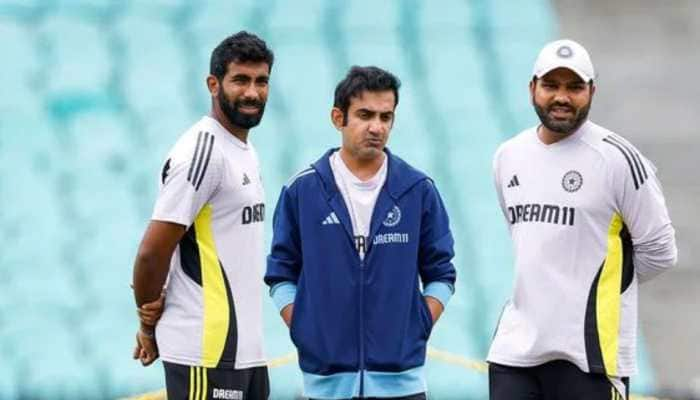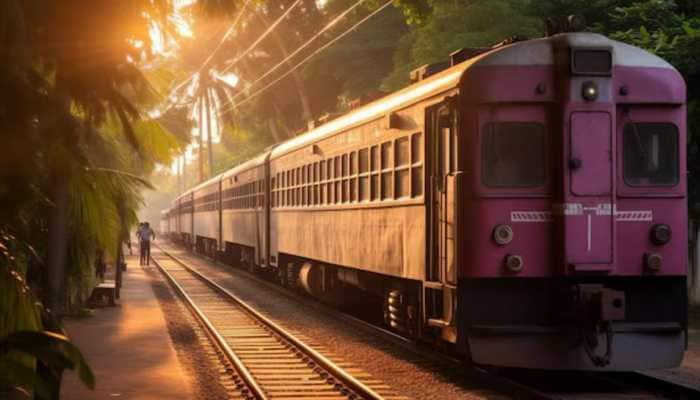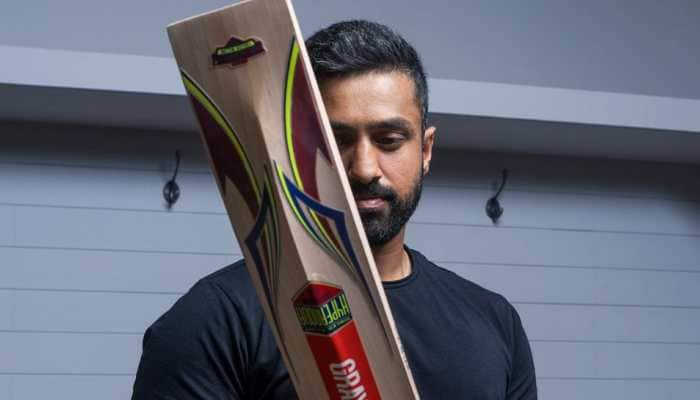Eid Al-Adha 2023: When Is Bakra Eid? Check Date, Significance And Celebration
Bakrid 2023: Eid al-Adha occurs on the tenth day of Dhul Hijjah, and Muslims worldwide commemorate this occasion with great pomp and show; Check date, significance and celebration.
- Bakra Eid is one of the most important festivals of Muslims
- Bakra Eid will be celebrated on June 29 in India
- Check significance and celebrations here
Trending Photos
) Image for representation
Image for representation Bakra Eid, also known as Eid al-Adha or the "Festival of Sacrifice," is one of the most important festivals in the Islamic calendar. It has great significance among the Muslim community. The date of Eid al-Adha changes annually, as it is determined by the Islamic calendar. The twelfth and final month, known as Dhul Hijjah, is significant for Muslims as it is when the majority of them embark on the Hajj pilgrimage. Eid al-Adha occurs on the tenth day of Dhul Hijjah, and Muslims worldwide commemorate this occasion with great enthusiasm and grandeur.
Eid Al-Adha 2023: Date
This year, the Bakra Eid will be celebrated on June 29 in India.
Eid al-Adha Country-Wise Dates
India - June 29, 2023
Morocco - June 29, 2023
Indonesia - June 29, 2023
Malaysia - June 29, 2023
Saudi Arabia - June 28, 2023
Canada - June 29, 2023
Singapore - June 29, 2023
Also read: How To Increase Immunity? 8 Lifestyle Changes That May Help Boost Immunity
Eid Al Adha 2023: Significance
Eid al-Adha or Bakra Eid commemorates the willingness of Prophet Ibrahim (Abraham) to sacrifice his son as an act of obedience to God. However, just as Ibrahim was about to sacrifice his son, Allah provided a lamb as a substitute, symbolizing the ultimate act of faith and submission to God's will.
Eid Al-Adha 2023: Celebration
The celebration of Eid al-Adha typically lasts for four days and involves various religious and social customs. Here are some common practices associated with the festival:
Prayer: Muslims start the day by attending special congregational prayers held at mosques or open prayer grounds. The prayer includes a sermon followed by a collective supplication to seek blessings and forgiveness.
Sacrifice: One of the key rituals of Eid al-Adha is the sacrifice of an animal, usually a sheep, goat, cow, or camel, as a symbol of Ibrahim's willingness to sacrifice his son. The meat from the sacrificed animal is divided into three parts: one part for the family, one part for relatives and friends, and one part for the needy.
Charity: Giving to the less fortunate is highly encouraged during Eid al-Adha. Muslims are encouraged to donate to charitable causes and provide assistance to those in need. This act of generosity and kindness is an integral part of the festival.
Feast And Celebration: After the sacrifice, families come together to enjoy a festive meal. Special dishes and traditional sweets are prepared, and families and friends gather to share the joyous occasion. It is a time for socializing, exchanging gifts, and strengthening community bonds.
Visiting and Greetings: Muslims visit each other's homes, exchange greetings, and offer blessings. It is common to greet one another by saying "Eid Mubarak," which means "Blessed Eid."
Eid al-Adha is a time of joy, gratitude, and reflection for Muslims worldwide. It promotes unity, compassion, and the spirit of giving while commemorating the profound faith and sacrifice of Prophet Ibrahim.
(This article is intended for your general information only. Zee News does not vouch for its accuracy or reliability.)
Stay informed on all the latest news, real-time breaking news updates, and follow all the important headlines in india news and world News on Zee News.
Live Tv







)
)
)
)
)
)
)
)
)
)
